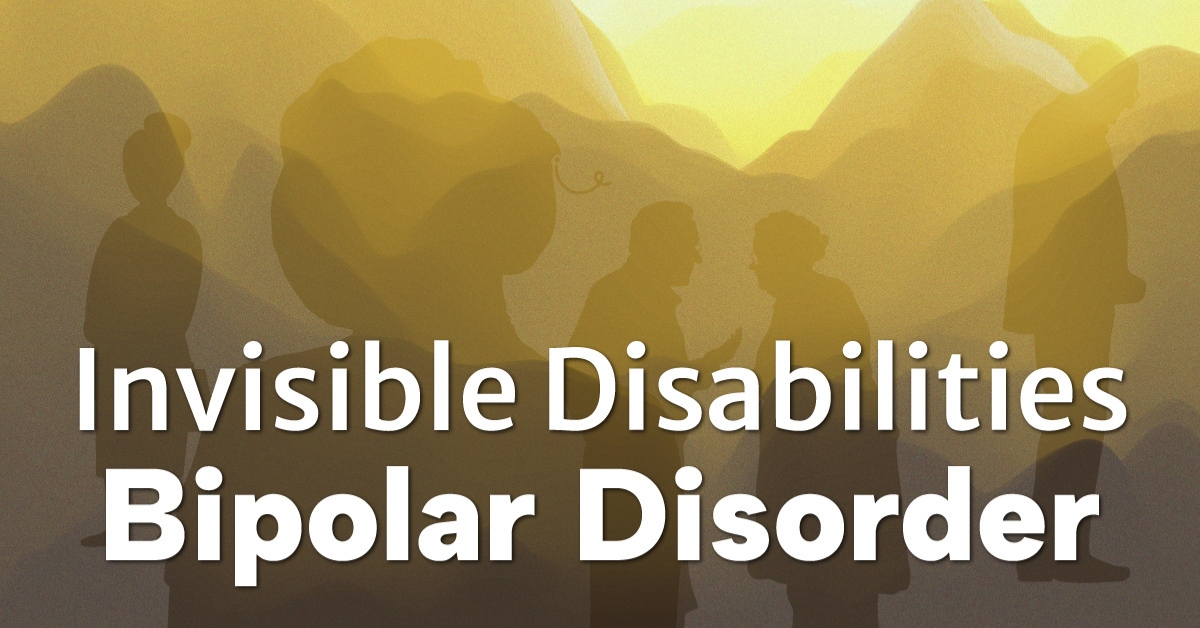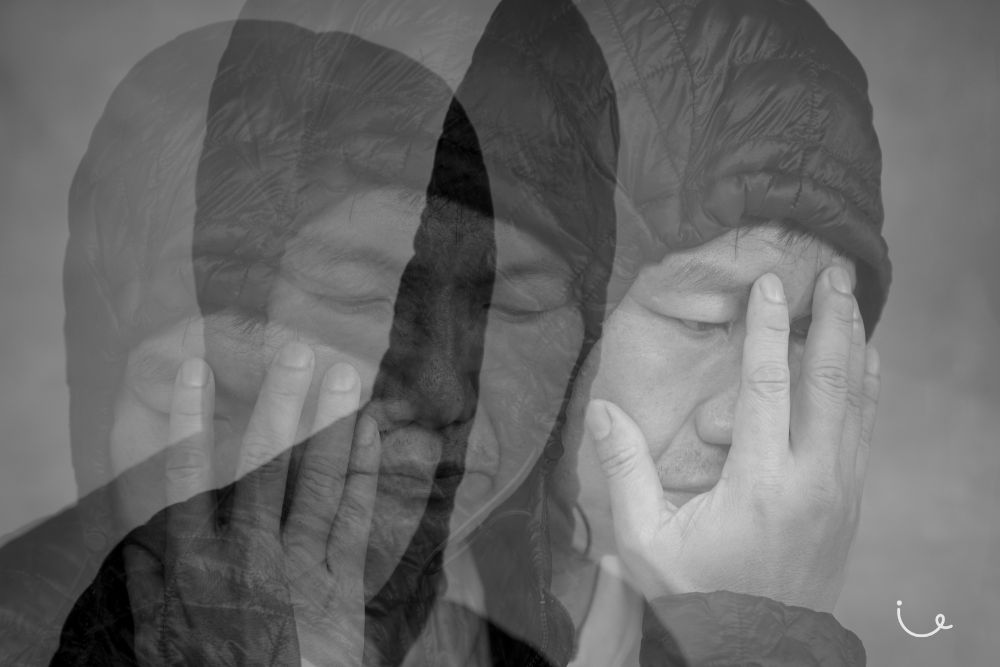
"It varies in severity and mild cases may appear ordinary for many years. Symptoms vary; a person may be predominantly depressed or predominantly manic. In between episodes, a person is likely to be quite well and able to function."
"According to the SMHS 2016, 62% of those with bipolar disorder were in the 18 to 34 years old category, followed by 25%, 12% and 6% in the 35-49, 50-64 and 65+ age categories respectively."
Living with bipolar disorder

"But when they entered a depressive episode, they isolated themselves, leaving loved ones confused and hurt. This roller coaster can create a sense of distance in relationships, even if the person with bipolar disorder deeply cares for those around them."
"Often people would comment on how much better they thought the client was doing during a depressive phase which was when they were most negatively affected."
"Eventually her marriage broke down and she was committed to a facility."
"If only we knew about bipolar disorder, perhaps Pauline could have received help earlier. We just thought she was manipulative and attention-seeking."

"This lack of understanding made it difficult to seek support and it wasn't until they opened up to close friends and family that they felt truly supported in managing their condition."
Getting the right diagnosis
"Psychosocial risk factors include adverse life event experiences, difficulties managing stress and poor social support."

Dr Games shares that it’s not uncommon for people with bipolar disorder to have a dual diagnosis, for example, they have a substance use disorder in addition to bipolar disorder. This makes diagnosis for bipolar disorder even trickier.
"Managing environmental factors such as having robust stress-coping mechanisms, leading a healthy lifestyle and forming strong supportive relationships with loved ones and friends are all crucial in the management of bipolar disorder."
Bipolar Disorder: Not just bad mood swings

- Myth #1: Bipolar disorder is just ‘bad mood swings’
- Myth #2: Bipolar disorder only affects your mood
- Myth #3: Bipolar disorder cannot be treated
"Try to listen openly without wanting to 'fix' the situation as this is more helpful than offering solutions. Encourage them to stick with their treatment plan, while also respecting their autonomy and boundaries."
"Maintaining open communication and being flexible in your expectations can make a significant difference in their life."

"Just like how we do not ostracise someone who has fractured an arm, we should all, likewise, strive to be empathetic towards someone who has a mental illness like bipolar disorder."







